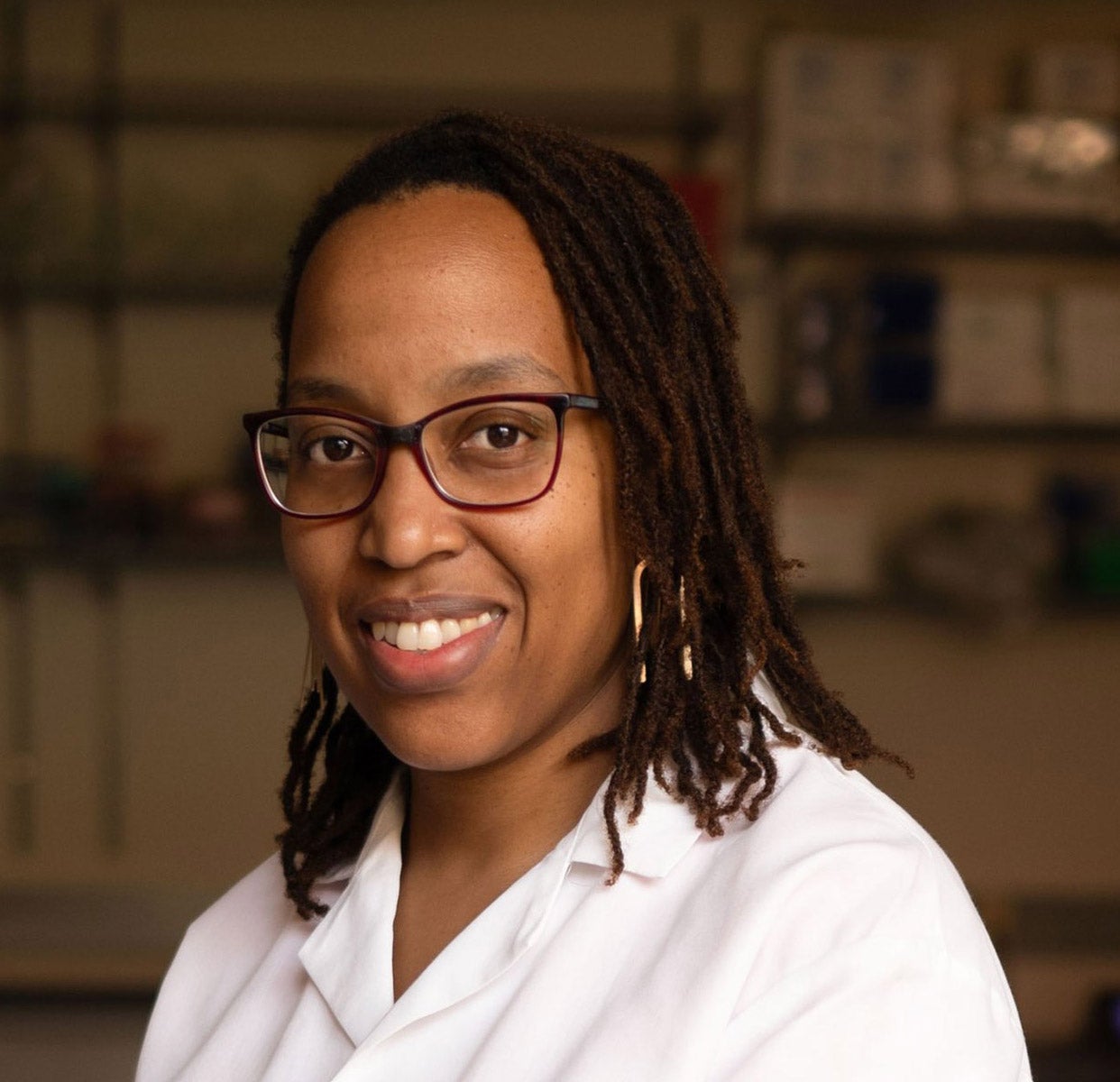LCID Researcher's Work to Translate Science Featured on UNESCO Website
Dr. Grace Kago's science e-learning community for native Kikuyu speakers is chosen for UNESCO's Open and Inclusive Science Hub.

Dr. Grace Kago, postdoctoral fellow and researcher in the Payne Lab
Dr. Grace Kago, researcher in the Payne Lab, recently had her e-learning community for translating science and health education included in UNESCO’s Open and Inclusive Science Hub. Her entry in the Hub highlights her work in educating native speakers of Kikuyu, a Central Kenyan language, about infectious disease and public health topics through her YouTube and Facebook community, Tũnyamũ twĩ muoyo.
The focus of Tũnyamũ twĩ muoyo (which means “little living organisms”) is on why diseases occur by looking at the microbiology and molecular details to better understand what is happening at the cellular level. The emphasis on using Kikuyu as opposed to English is meant to enhance greater science and public health engagement with people in rural areas of Central Kenya, including women who are the main caregivers.
UNESCO’s Open and Inclusive Science Hub is a compilation of inclusive science practices across the globe as part of the 2021 UNESCO Recommendation on Open Science and the 2024 UNESCO call to action ''Closing the Gender Gap in Science.” The Hub and other initiatives such as the Open Science Toolkit, Open Science Capacity Building Index, and Open Science Outlook, promote accessible science for everyone worldwide.
For more information on Dr. Kago’s community, please go to her website as well as her page on UNESCO.org.



